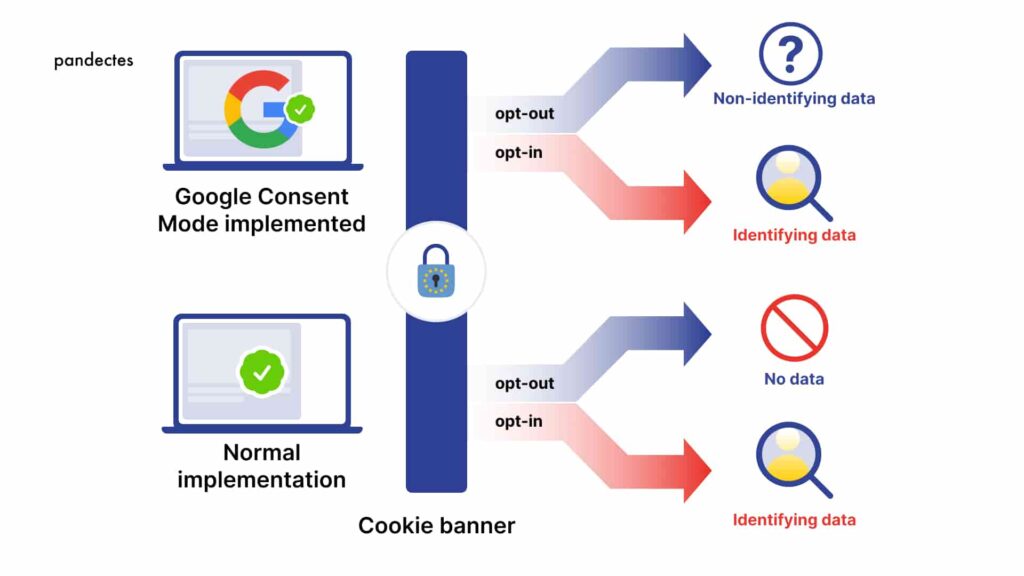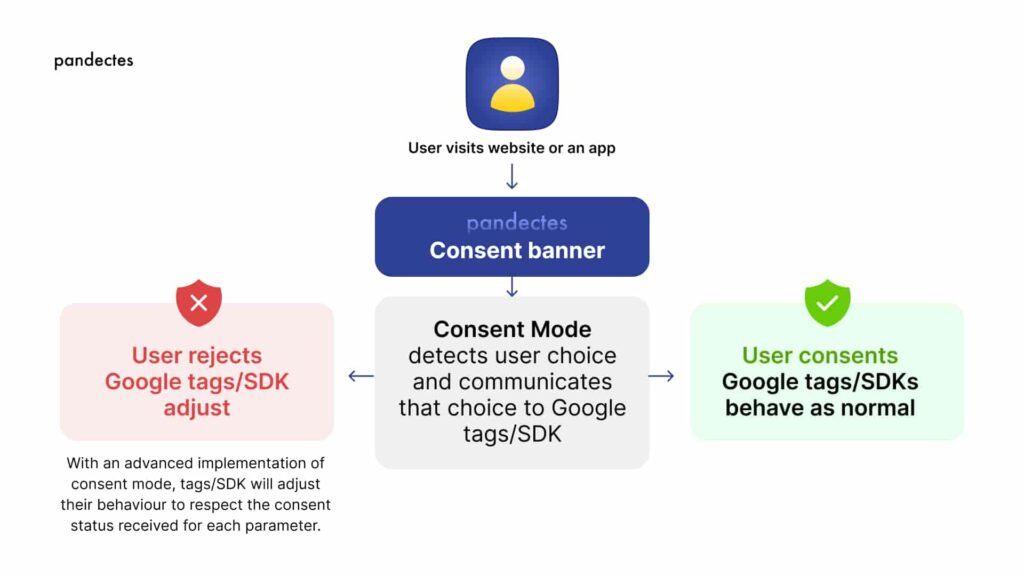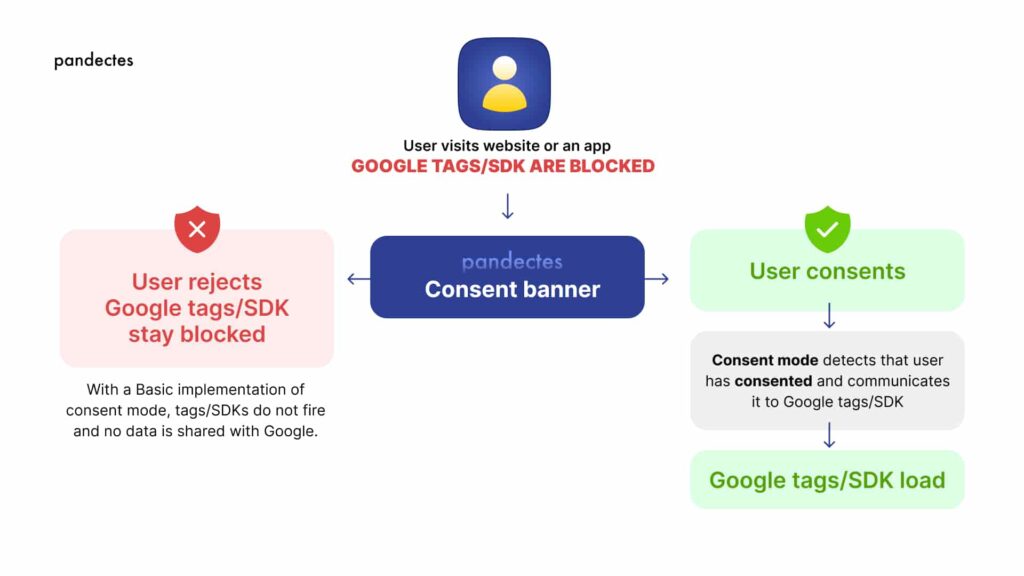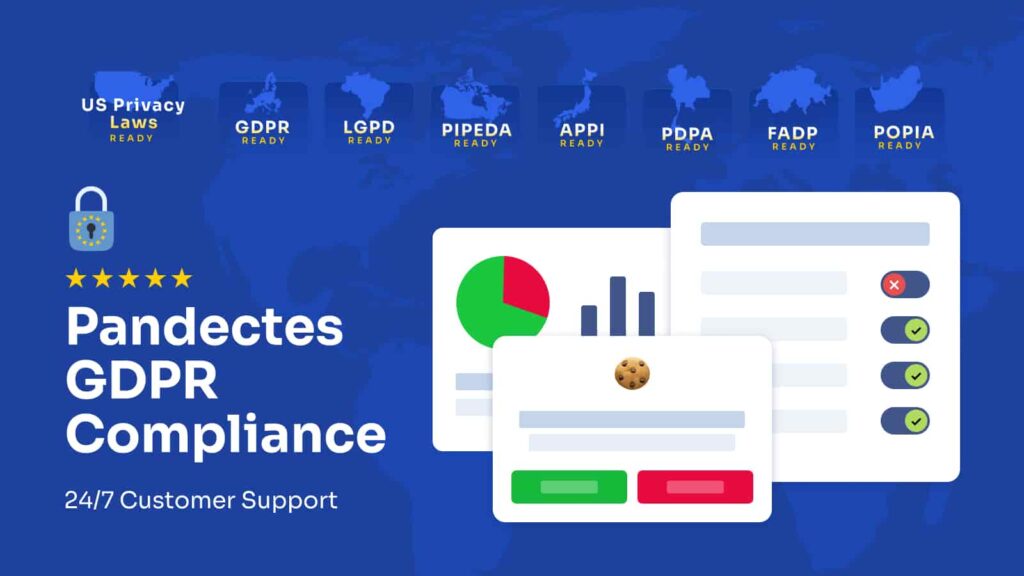Introduction
Google Analytics 4 (GA4) is the latest version of Google’s web analytics platform, designed to provide deeper insights into user behavior across websites and apps. Unlike its predecessor, Universal Analytics, GA4 offers a more holistic approach to data collection and analysis by leveraging machine learning to generate insights and predictive metrics. This helps website owners make more informed decisions to enhance user experience and drive business growth.
GA4’s data model is based on events and parameters, allowing for more flexible and detailed tracking of user interactions. This makes it easier to understand complex user journeys across multiple devices and platforms, providing a more comprehensive view of user behavior.
The importance of data collection
Data collection is the foundation of any analytics system. In GA4, data collection involves gathering information about user interactions on a website or app. This data is crucial for measuring the effectiveness of marketing campaigns, understanding user behavior, and making data-driven decisions.
GA4 collects information using a combination of first-party cookies, Google Signals data, and modeled data. This helps create a detailed picture of how users interact with digital properties, allowing for more accurate tracking and measurement data.
Understanding Google Consent Mode
Google Consent Mode is a framework that allows website owners to adjust how their Google tags behave based on user consent choices. This mode is particularly important for compliance with data protection regulations such as the General Data Protection Regulation (GDPR).
Consent Mode modifies the behavior of Google Analytics, Google Ads, and other Google services based on the user’s consent status. For example, if a user denies consent for ad cookies, Google Ads will not use cookies for personalized ads but will still measure conversions using anonymized data.

Setting up Consent Mode in Google Analytics 4
To set up Consent Mode in GA4, website owners must integrate it with their consent management platform (CMP). This ensures user consent choices are respected and properly communicated to Google tags.
The process involves updating the Google Analytics tracking code to include consent signals. This allows GA4 to adjust its data collection practices based on whether the user has given explicit consent to use cookies and process personal data.
Google Analytics and GDPR compliance
GDPR compliance is a critical aspect of using Google Analytics, particularly in the European Union (EU). GA4 offers several features to help website owners comply with GDPR, including the ability to anonymize IP addresses, manage data retention periods, and obtain explicit user consent.
Website owners must ensure that their use of Google Analytics aligns with GDPR requirements by providing clear and comprehensive information about data collection practices and obtaining explicit consent from users.
Managing user consent in Google Analytics 4
Managing user consent in GA4 involves using a CMP to capture and store user consent choices. This includes presenting a consent banner to users when they first visit the website, allowing them to opt-in or opt-out of data collection.
GA4 respects these consent choices by adjusting data collection practices accordingly. For example, if a user denies consent for analytics cookies, GA4 will not collect detailed user data but will still provide basic metrics using anonymized data.
The role of Google Tag Manager
Google Tag Manager (GTM) is crucial in implementing and managing Google Consent Mode. GTM allows website owners to easily update and manage tags without modifying the website’s code directly.
With GTM, website owners can set up triggers and variables that control when and how tags fire based on user consent status. This ensures all tags comply with user consent choices and data protection regulations.

Tracking and measurement data in GA4
GA4 offers advanced tracking and measurement capabilities that provide deeper insights into user interactions. GA4 helps website owners understand how users interact with their digital properties by tracking events such as page views, clicks, and conversions.
This data is essential for optimizing marketing strategies, improving user experience, and making data-driven decisions. GA4’s machine learning capabilities also help identify trends and predict future user behavior.
Google Analytics cookies and user privacy
Google Analytics uses first-party cookies to collect data about user interactions. These cookies help track user sessions, remember user preferences, and measure the effectiveness of marketing campaigns.
However, user privacy is a top priority in GA4. Website owners must provide clear information about cookie usage and obtain explicit consent from users before collecting data. GA4 also offers options to anonymize data and comply with data protection regulations.
The shift from Universal Analytics to GA4
The shift from Universal Analytics to GA4 significantly changes how data is collected and analyzed. GA4’s event-based data model offers more flexibility and granularity, allowing for a deeper understanding of user behavior.
Website owners transitioning to GA4 must update their tracking codes and ensure that their data collection practices align with the new model. This may involve reconfiguring existing tags and setting up new events and parameters.
Google Ads and Consent Mode integration
Google Ads integrates seamlessly with Consent Mode to ensure compliance with user consent choices. When a user denies consent for ad cookies, Google Ads adjusts its tracking practices to respect this choice while still providing basic measurement data.
This integration helps advertisers comply with data protection regulations while still measuring the effectiveness of their campaigns. It also ensures that user privacy is respected and protected.

Shopify and Google Analytics 4
Shopify merchants can benefit from integrating GA4 into their online stores to gain deeper insights into user behavior and improve their marketing strategies. Shopify provides easy integration options for GA4, allowing merchants to track user interactions and measure the effectiveness of their marketing efforts.
By using GA4, Shopify merchants can make data-driven decisions to enhance user experience, increase conversions, and drive business growth. The integration also ensures compliance with data protection regulations by respecting user consent choices.
The importance of obtaining explicit user consent
Obtaining explicit user consent is crucial for compliance with data protection regulations such as GDPR. Website owners must provide clear information about their data collection practices and obtain explicit user consent before collecting and processing personal data.
This involves using a consent banner to inform users about cookie usage and data collection practices. Users should have the option to opt-in or opt-out of data collection, and their choices should be respected by adjusting data collection practices accordingly.
Data protection regulations and user privacy
Data protection regulations such as GDPR and the California Consumer Privacy Act (CCPA) aim to protect user privacy and give users control over their personal data. Website owners must comply with these regulations by providing clear information about data collection practices and respecting user consent choices.
GA4 offers several features to help website owners comply with these regulations, including options to anonymize data, manage data retention periods, and obtain explicit user consent.
Data retention and user preferences
Managing data retention is an important aspect of complying with data protection regulations. GA4 allows website owners to set data retention periods, ensuring that personal data is not stored longer than necessary.
Website owners should also respect user preferences by providing options to access, modify, or delete their data. This helps build trust with users and ensures compliance with data protection regulations.

International data transfers and privacy concerns
International data transfers can raise privacy concerns, particularly when data is transferred from the EU to countries with different data protection standards. GA4 provides options to control where data is processed and stored, helping to address these concerns.
Website owners should ensure that their data transfer practices comply with data protection regulations and that adequate safeguards are in place to protect user data.
Specific features in GA4 for GDPR compliance
IP anonymization:
GA4 offers built-in IP anonymization to ensure the collected IP addresses are anonymized before storage and processing, which is a critical requirement under GDPR.
Data retention controls:
GA4 allows website owners to configure data retention settings to automatically delete user data after a specified period, aligning with GDPR’s data minimization principle.
Consent Mode:
Google Consent Mode helps adjust the behavior of analytics and ad tags based on user consent choices, ensuring that data collection complies with user preferences.
User data deletion requests:
GA4 provides mechanisms for users to request the deletion of their data, complying with GDPR’s right to be forgotten.
Granular data controls:
Enhanced data controls in GA4 allow administrators to manage and restrict data collection at a granular level, ensuring only necessary data is collected.
Pandectes: The #1 GDPR app for Shopify store compliance

Pandectes GDPR Compliance app is a comprehensive GDPR compliance tool designed specifically for Shopify stores. It helps merchants comply with GDPR, CCPA, and other data privacy laws by effectively providing customizable cookie consent banners and managing user consent.
Key features
Fully customizable consent banners tailored to Shopify.
Automatic updates to stay compliant with the latest regulations.
Integration with Google Analytics 4 and other tracking tools to ensure compliance with user consent choices.
Benefits
Simplifies the process of obtaining and managing user consent.
Enhances trust with customers by demonstrating a commitment to data privacy.
Ensures data collection practices are transparent and compliant with global data protection laws.
Conclusion
Google Analytics 4 offers advanced features for tracking and analyzing user behavior while ensuring compliance with data protection regulations. By integrating GA4 with a consent management platform and respecting user consent choices, website owners can collect valuable data while protecting user privacy.
GA4’s flexible data model, machine learning capabilities, and seamless integration with other Google services make it a powerful tool for understanding user interactions and making data-driven decisions. Website owners should take advantage of these features to enhance user experience, improve marketing strategies, and drive business growth.



